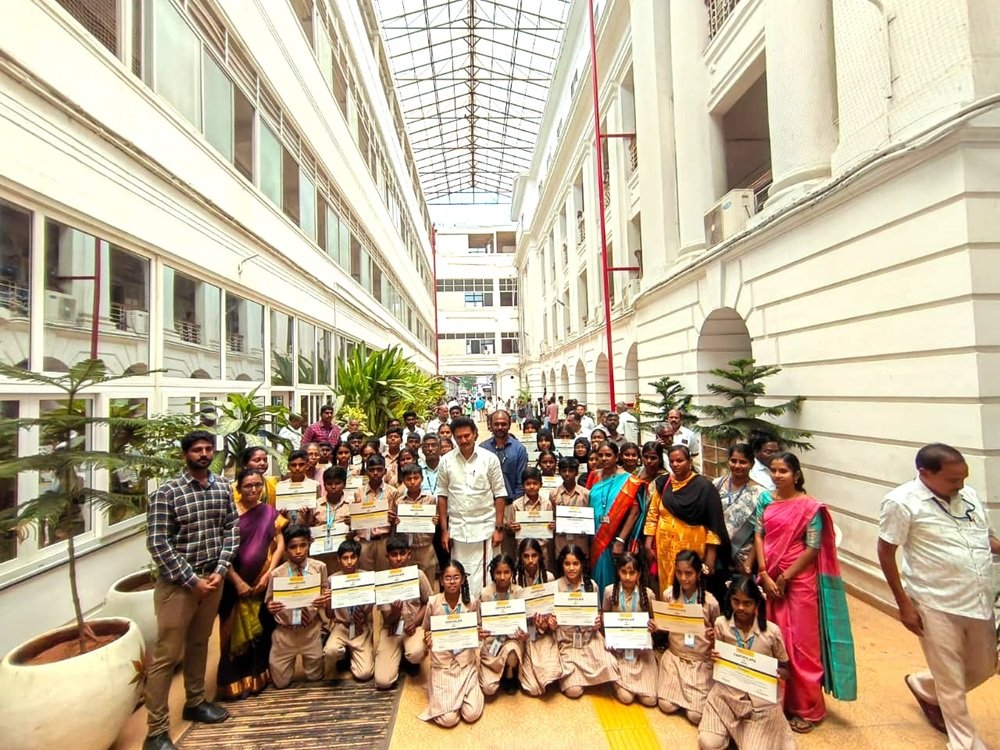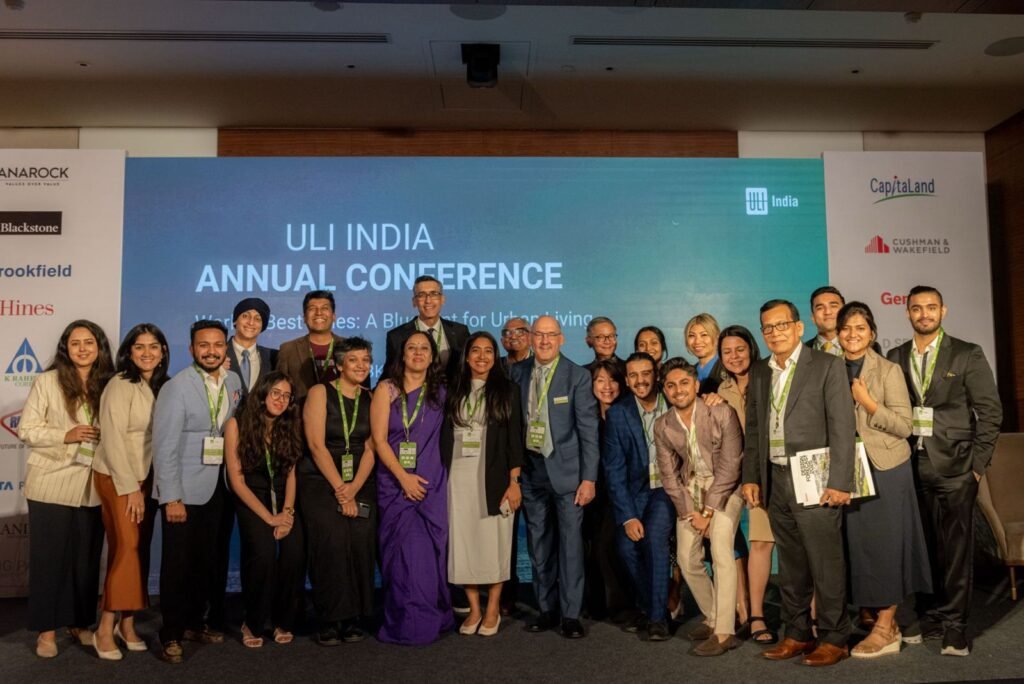- CBSE mandates the use of educational materials focusing on learning in students; mother tongues, aligned with the National Education Policy 2020. They’ve made 52 special books for different languages to help kids learn better and feel included in school.
The Central Board of Secondary Education (CBSE) has made a big move to include more languages and encourage learning in different languages in its schools. Following the guidelines set out in the National Education Policy 2020 and the National Curriculum Framework 2022, CBSE has made it compulsory to include learning materials that focus on teaching in students mother tongues or the languages spoken in their regions.
This decision aligns closely with the goals of the National Education Policy 2020, which aims for a balanced and inclusive education approach. One of the main ideas of NEP 2020 is to encourage the use of multiple languages and to start teaching children in their mother tongue or local language during their early years of schooling. NEP 2020 recognises that children learn better when they are taught in a language they already know and understand well.
The CBSE circular dated May 7 emphasises the importance of preserving various languages and how crucial language is for learning. To back up this notion, the National Council for Educational Research and Training (NCERT) and the Indian Institute of Languages worked together to make a collection of 52 simple books. These books are made for many different languages spoken across India. Studies show that learning in your own language helps your brain grow, makes you better at speaking and understanding languages, and helps you do better in school.
CBSE wants students to have a better school experience by appreciating different languages and seeing how important local languages are. The primers are available in languages like Bhutia, Bodo, Garo, Khandeshi, Kinnauri, Kuki, Manipuri, Nepali, Sherpa, and Tulu.
The decision to introduce 52 entry-level primers shows a big effort to connect classroom learning with students backgrounds. These books or primers are not just for learning; theyre also about keeping and honouring the languages and cultures of different places in India. By including familiar words and things from students daily lives, CBSE wants to make learning feel more like home. They hope this will help students feel proud of where they come from and the languages they speak.
These beginner books help kids learn numbers and start to understand language. Theyre used in places like balvatikas, anganwadis, and programs for adults who are learning to read. These books teach kids the alphabet, symbols, and how to say words correctly, which helps them learn language early on. Plus, theyre made to help students get better at their language skills, especially if theyre learning in a language thats different from whats spoken in school.
Praggya M Singh, Director (Academics) at CBSE, stressed how crucial it is for teachers and students to use these primers. She believes that by using them, schools can help students become really good at their own languages. This way, students can feel proud of their language and do well in it. While there are clear advantages, teaching in local languages also brings its own difficulties.
One big challenge is having enough teachers who are good at teaching in multiple languages. By putting resources into training programs and helping teachers grow professionally, they can learn the skills they need to teach well in different language settings. Additionally, making sure that everyone has a fair chance to get a good education in their own language needs enough money and support, especially in places where people dont have a lot of money or where there arent many resources. CBSE needs to team up with different groups like the Government, schools, and local organisations to fix problems and make sure everyone has the same opportunities to learn.
In short, CBSEs focus on teaching kids in their own language from the start is a big move toward making education more fair and culturally aware. By celebrating different languages and helping students learn on their own, CBSE makes learning more meaningful and helps everyone value Indias diverse languages. With teamwork and ongoing dedication, CBSE can lead the path to a fairer and more empowering future for all.



